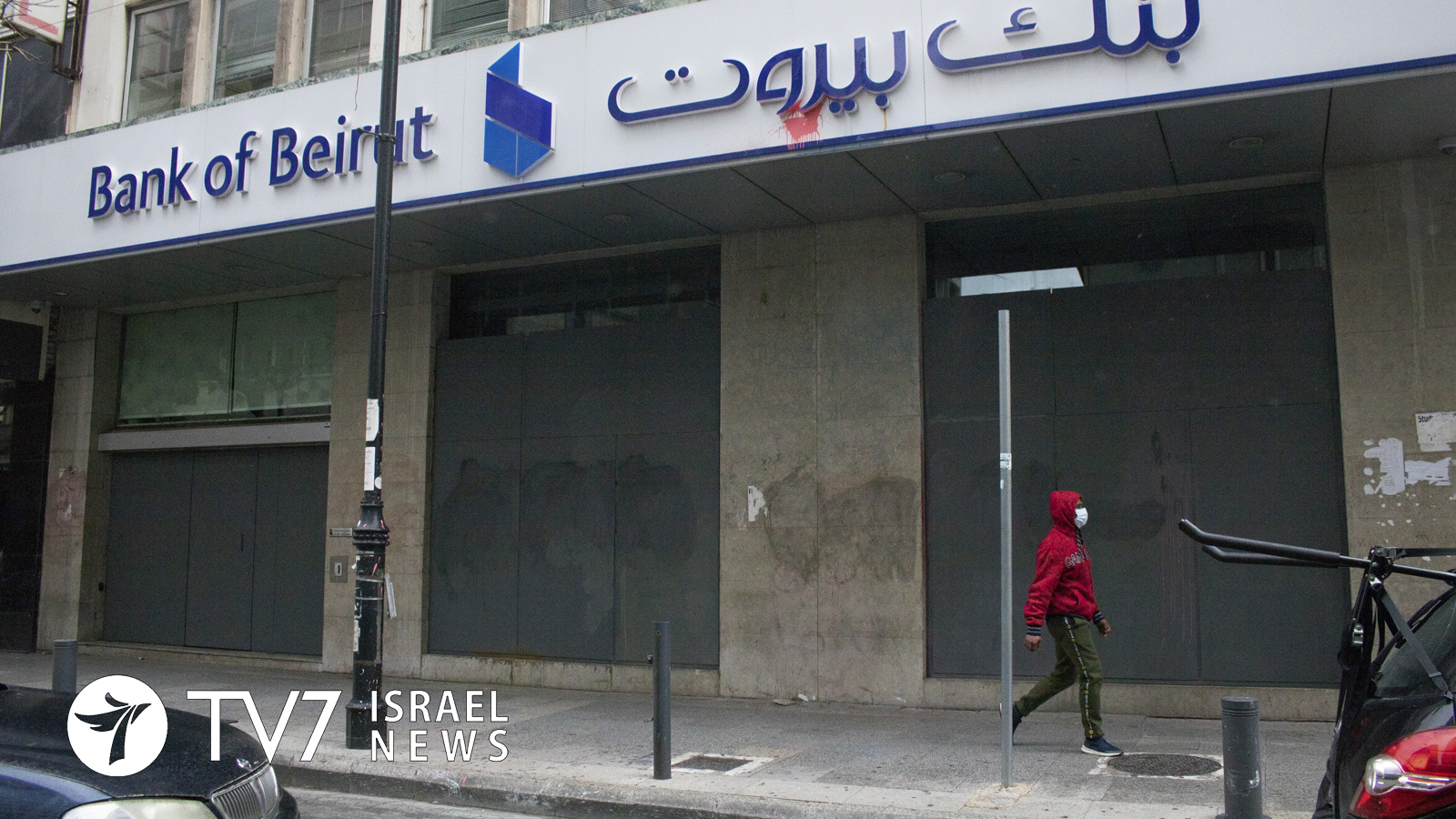Lebanon today closed its borders, sea ports and airport in efforts to contain the coronavirus outbreak. The entry points will remained sealed until at least 29 March. The country began the week with the declaration of a medical state of emergency, entailing the shutdown of most public institutions and private companies. All citizens are obliged to remain at home except for matters of “extreme necessity.”
So far, the disease has claimed the lives of 4 people and infected 133, including 3 in serious condition.
Traffic has been unusually sparse on Beirut’s typically congested streets as the government measures took effect with varying degrees of success. Police ordered several stores to close down that had opened in the capital in violation of the shutdown order, and security forces were acting to disperse gatherings. Several people were off the Mediterranean waterfront promenade known as the Corniche in the city’s Central District, where some were walking wearing face masks and surgical gloves. A group of swimmers were ordered to go home from the beach in the southern city of Sidon.
One security official told Reuters that compliance with the government decision was still lacking, noting that some people had no choice but to go to work. “There are awareness campaigns but they are not reaching all parts of society,” he added.
“These two weeks are the most dangerous,” Health Minister Hamad Hassan said, according to the Lebanese al-Manar satellite television station, which is affiliated with the country powerful, Iran-backed Hezbollah group. The network, as well as the group itself, are considered as a “Specially Designated Global Terrorist entity” and banned by the United States, Israel and other countries.
Lebanon was already grappling with the worst financial and economic crisis since its independence in 1943.
Addressing a news conference after an emergency cabinet session, Prime Minister Hassan Diab said the steps would “no doubt” impact the economy but “people’s lives and health are more precious.”
Economy Minister Raoul Nehme told Reuters yesterday that work to formulate an economic rescue plan is ongoing, despite a shutdown to curb the spread of the new virus. While major aspects of the plan including strategies to reduce the deficit and boost revenues will likely be ready in two to three weeks’ time, he said by phone, the full proposal won’t be ready for at least two more months.
The country has been unable to pay foreign currency sovereign debt for the first time, and its currency has lost some 40% of its value, while dollar reserves are critically low.
The impact of the coronavirus and falling oil prices may have damaged Lebanon’s chances of securing aid from foreign states, Minister Nehme admitted, adding that aid from the International Monetary Fund (IMF) should be considered as an option alongside others. Lebanon has already requested technical assistance from the IMF, but not financial aid – that would typically come with conditions.
Many analysts believe the IMF is Lebanon’s only solution, but it had previously been opposed by Hezbollah, which said it was against allowing the IMF to manage the crisis in Lebanon. Hezbollah leader Sayyed Hassan Nasrallah relaxed that stance last Friday, saying the Shi’ite group was not against foreign aid even it came from the IMF as long as the terms did not harm the national interest.
When asked if the crisis would impact access to potential IMF financial aid, Lebanese Economy Minister Nehme said: “No that would not be affected.” He added that in his opinion, “depending on discussions with the IMF and so on, yes why not … We cannot say we don’t have this option, and we cannot say this is the only option. But it is certainly an option, it is a good one.”
Individual states that have helped Beirut in the past have said they will not help this time unless long-delayed reforms take place. While Nehme said it was still too early to gauge the impact of the coronavirus., he said assistance from countries to which Lebanon has been looking for support “can be less significant” if they suffer their own financial problems.
“We will certainly seek the support of our friends in the Arab world, but their revenues are going down drastically with the price of oil going down under $30 practically so that puts limitations on their capacity to assist us,” he acknowledged.
